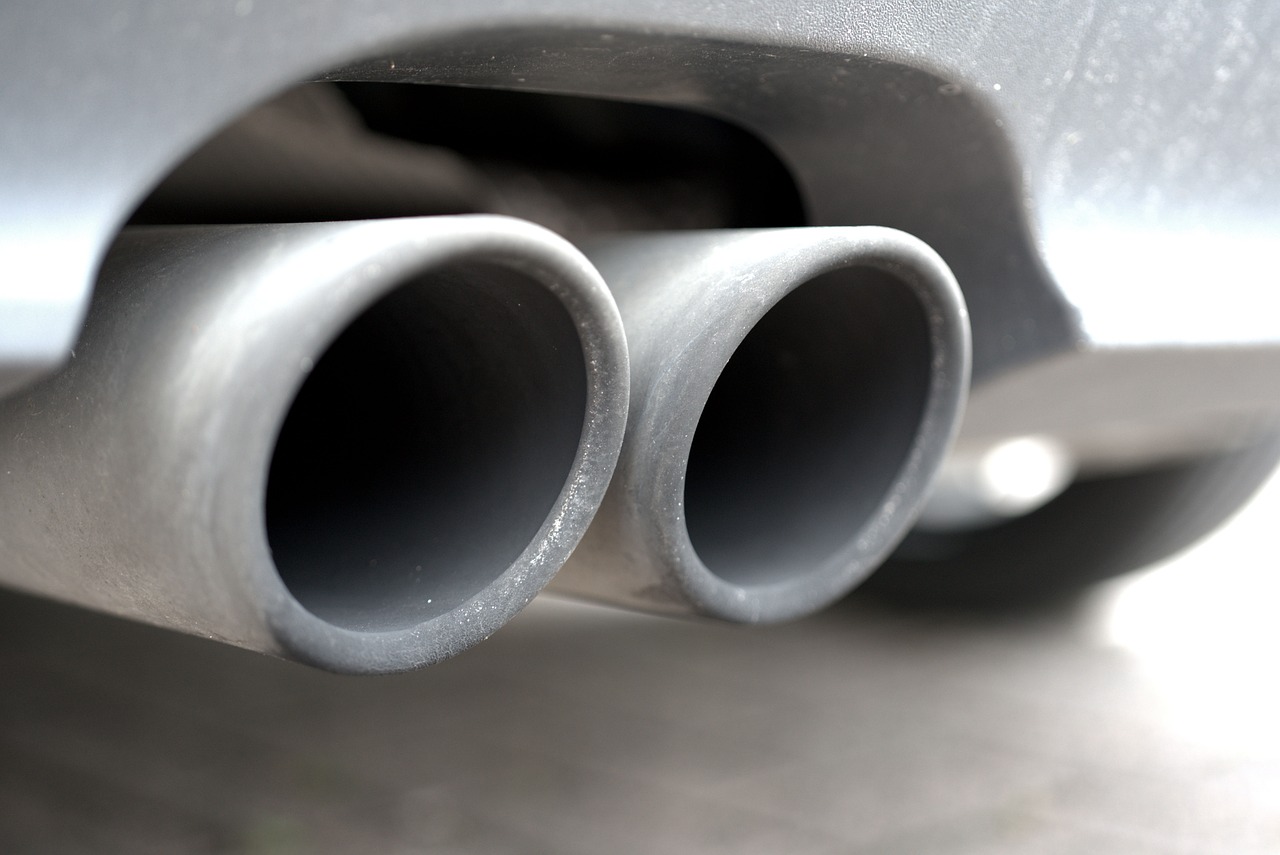Esta web utiliza cookies para que podamos ofrecerte la mejor experiencia de usuario posible. La información de las cookies se almacena en tu navegador y realiza funciones tales como reconocerte cuando vuelves a nuestra web o ayudar a nuestro equipo a comprender qué secciones de la web encuentras más interesantes y útiles.
Publications
The number of diesel cars in Europe has grown significantly over the last three decades, a process usually known as dieselization, and they now account for nearly 40% of the cars on the road. We build on a dynamic general equilibrium model that makes a distinction between diesel motor and gasoline motor vehicles and calibrate it for main European countries. Firstly, we find that the dieselization can be explained by a change in consumer preferences paired with the productivity gains from the specialization of the European automotive industry. Secondly, the lenient tax policies in favor of diesel fuel help to explain the rebound effect in road traffic. Finally, from a normative standpoint, the model suggests that a tax discrimination based on the carbon content of each fuel (higher for diesel relative to gasoline) would actually be more effective in curbing CO2 emissions rather than a tax based on fuel efficiency. Based on the existing studies, we also document that other external costs of diesel are always higher than those of gasoline, and the Pigouvian tax rates should reflect this aspect. This recommendation is radically different to the existing fuel tax design in most European countries.
Marrero, G.A., J. Rodríguez-López and R.M. González (2020). «Car usage, CO2 emissions and fuel taxes in Europe». SERIEs: Journal of the Spanish Economic Association 11: 203-241.



